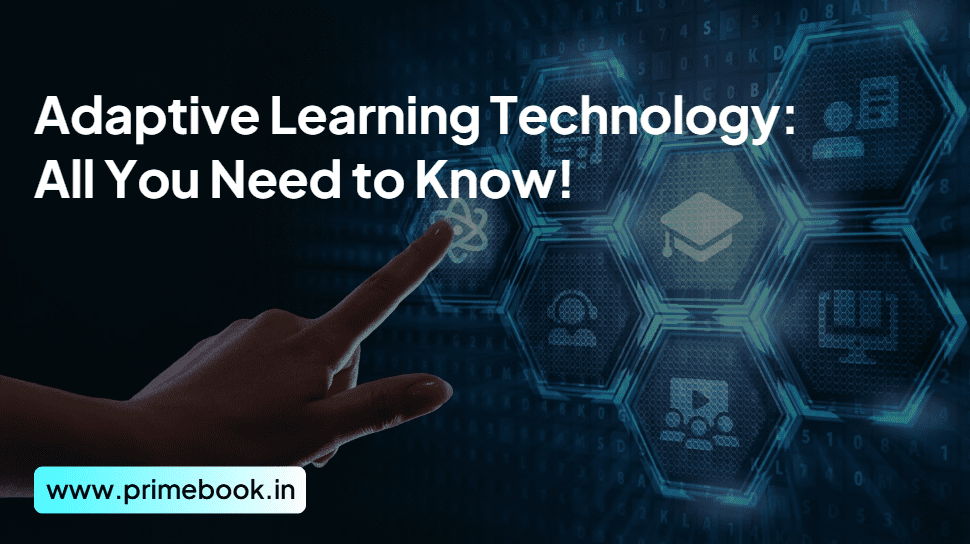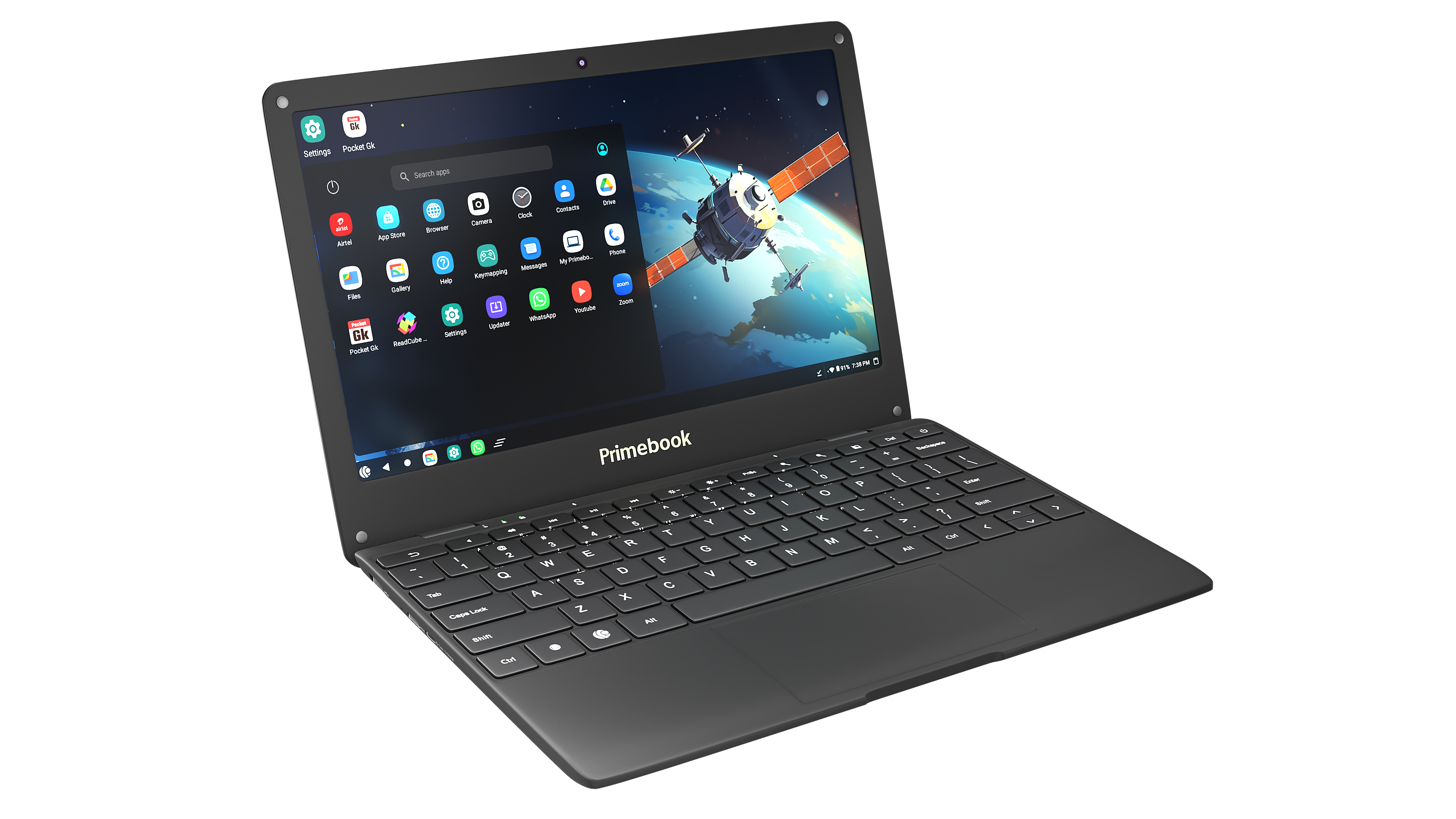Blogs / Trendy Tech Talks / Adaptive Learning Technology: All You Need to Know!
Blogs / Trendy Tech Talks / Adaptive Learning Technology: All You Need to Know!

Ananya Dasgupta
01 Aug 2024

Adaptive Learning Technology: All You Need to Know!
While educators were constantly finding the missing pieces to solve the puzzle of personalized education, adaptive learning technology emerged as an effective and comprehensive solution. With the aim to unlock the teaching and learning potential for teachers and students, respectively, adaptive learning has become a dynamic approach in recent times. This blog shall cover everything you need to know about adaptive learning and the technology initiating this approach to education.
What is Adaptive Learning?
Adaptive learning is typically the custom learning/teaching approach where the unique needs of each student are met via personalised learning pathways, resources, and real-time feedback. This acts as an alternative to the conventional one-size-fits-all approach to learning and effectively boosts a student's learning efficiency.
There are two techniques of adaptive learning – Designed Adaptivity and Algorithmic Adaptivity.
In the designed adaptivity method, the educator designs the teaching sequence and students are guided to the content accordingly. Here, the educator determines the content sequence within the lesson and how it would adapt to feedback.
The algorithmic adaptivity method is where one or more algorithms drive answers to what a learner already knows and what they should experience next. Following the answers, the algorithms automatically select the right content at the right time for each student.
What is Adaptive Learning Technology?
Adaptive learning technology is a type of software accessed via internet connectivity to reproduce and subsequently support an educator in offering each student the best possible learning experience. It can enable educators to cater to the unique learning requirements of multiple students simultaneously, based on their responses to questions.
Such technology allows educators to attend to both advanced students and those at risk at all times, thereby creating an inclusive classroom environment. Meanwhile, students can construct their own knowledge, grasp a vivid understanding of abstract systems, and take ownership of their learning sessions.
Also Read: How to Gamify Classroom?
Use Cases of Adaptive Learning Technology
In 2024, some prominent use cases of adaptive learning technologies are as follows.
1. Coursera’s advanced algorithm adaptive system: Here, advanced algorithms analyse a student’s behavioural patterns and performance, subsequently adjusting the difficulty and pace of each lesson.
2. Mathspace’s AI-powered machine learning-based system: In this system, a combination of video modules, interactive activities, and AI-powered recommendations collectively personalize and power a student’s learning experience.
Other use cases include LinkedIn Learning, Udemy, Rosetta Stone, Prodigy, DreamBox Learning, Pearson Interactive Labs, Smart Sparrow, 360Learning, and more.
Also Read: Role of Virtual Reality in Classroom
Benefits of Adaptive Learning Technology
Here are the most significant benefits of adaptive learning technology for students and educators.
1. Learners can navigate through difficult lessons without immediate access to the educator and study comfortably at their own pace and time.
2. With individual learning styles, students can better demonstrate their mastery of a particular subject or topic.
3. Adaptive learning technology can help students identify areas of improvement and comprehensively prepare for the exams.
4. This technology enables educators to provide introductory materials, remedial lessons, classroom prework, case studies, and more, improving the learning outcomes for every student.
5. The personalized learning pathway driven by adaptive learning technology inculcates a sense of motivation among students and elevates students’ engagement in the classroom.
6. Tracking students’ performance, participation, and progress gets easier and more efficient with adaptive learning technology.
To conclude, adaptive learning technology is a salient tool for the education system in the digital era to make learning equitable for all students. By recognizing the differences between the learners and providing them with befitting resources, adaptive learning technology can help students to fulfil their academic endeavours successfully.


 Related Blog
Related Blog









